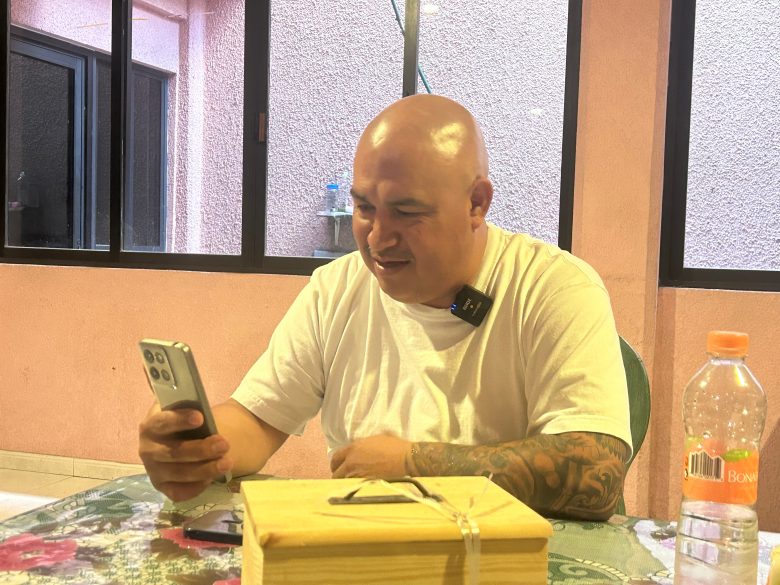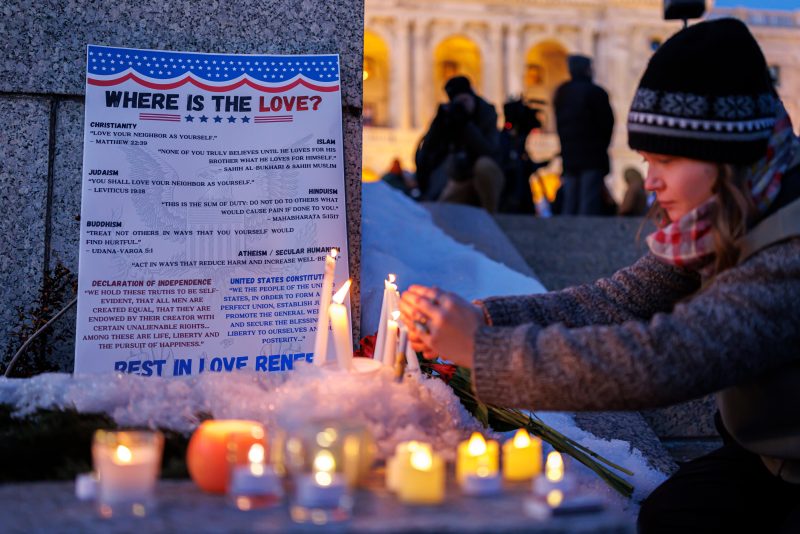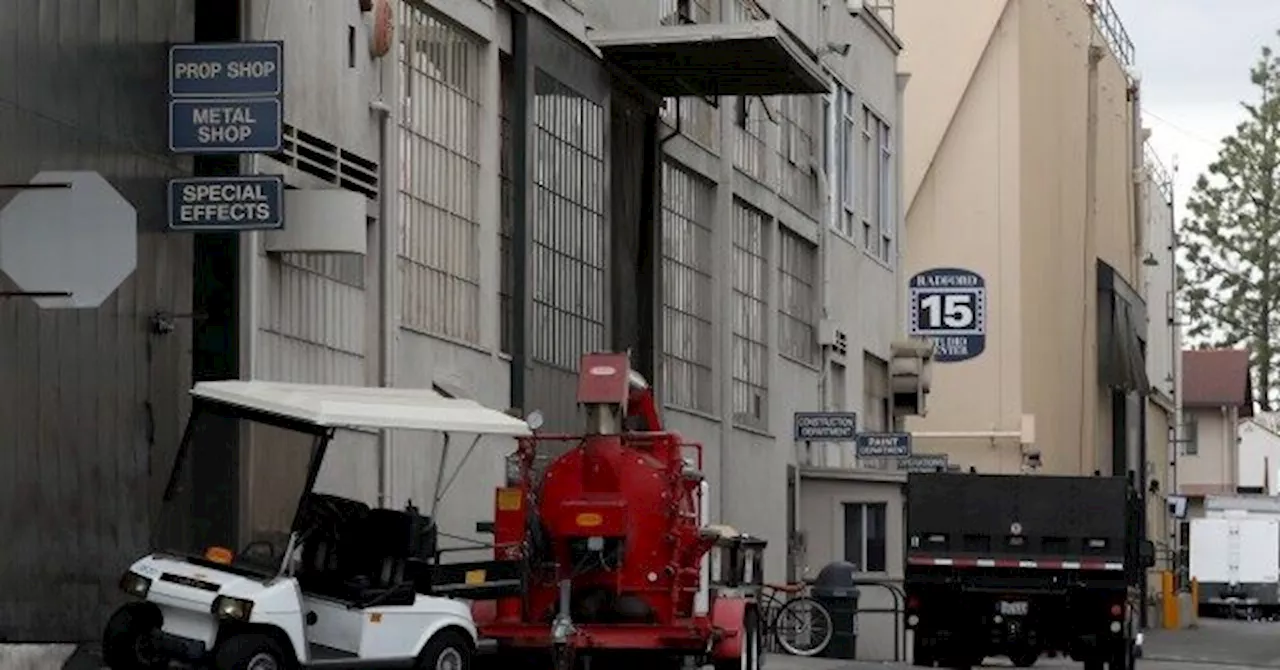
Inside a San Francisco courtroom on October 3, 2023, Rosa Lopez sat anxiously with her daughter as they awaited news about her husband, Miguel Lopez. Deported to Chimalhuacán, Mexico, in June, Miguel is fighting to return to his family in Livermore, California, after living in the United States for nearly three decades. The case represents a struggle not just for Miguel but for many individuals facing similar situations, highlighting the complexities of U.S. immigration laws.
Miguel Lopez, aged 47, has spent most of his life in the United States, where he has built a family with Rosa and raised three children and a granddaughter. His journey took a drastic turn on May 27, when federal immigration agents arrested him during a routine check at the Immigration and Customs Enforcement office on Sansome Street. The order for his deportation stemmed from the Department of Homeland Security’s (DHS) revocation of his green card in 2014, a decision that his attorney, Saad Ahmad, argues violated his due process rights.
Ahmad emphasized the uniqueness of Miguel’s case in court, explaining that it revolves around the contentious revocation of his green card. “We are not challenging a removal order; we are seeking review,” Ahmad stated. He expressed confidence that the court could provide relief, noting that the DHS’s actions in revoking Miguel’s residency were “improvidently” made.
Judge Trina L. Thompson presided over the hearing, which focused on whether the court has jurisdiction over Miguel’s case. She previously issued an injunction to halt his deportation shortly before it was set to occur. On Tuesday, she set a hearing for October 30, during which she will determine if the case can proceed and whether Miguel can challenge the 2014 decision that led to the revocation of his green card.
Miguel first entered the United States in 1996 at the age of 18. After initially being denied entry, he re-entered weeks later, ultimately settling in Livermore. He married Rosa, who became a U.S. citizen in her childhood, and applied for a green card in 2007. However, his application faced denial after authorities discovered he had misled border agents regarding his citizenship status. In November 2012, an immigration judge granted him a green card, but DHS appealed the ruling. By 2014, the Board of Immigration Appeals ruled they had no jurisdiction over the case. This reinstated removal proceedings against Miguel in 2016.
During the court session, Judge Thompson posed critical questions to the DHS attorney, challenging their rationale for fast-tracking the deportation process. The DHS official maintained that even if the court found that the Board of Immigration Appeals had acted improperly, they could not provide relief since Miguel had already been deported. Ultimately, Thompson denied the DHS’s request to dismiss the case, a decision that brought visible relief to Miguel’s family outside the courtroom.
Rosa expressed gratitude for the support her family has received from the community since Miguel’s unexpected detention. A prayer chain has spread across the country, while a former immigration attorney organized a banner message reading “Bring Miguel Home” over a Livermore freeway. “I’m happy; this is one step forward,” Rosa told reporters, reflecting her mixed emotions of anxiety and hope for the future.
In Chimalhuacán, Miguel shared his own feelings of uncertainty but maintained optimism following the court proceedings. He prayed before the hearing, seeking guidance and support. Although he was unable to join the hearing virtually, he felt encouraged by the developments and looked forward to celebrating a local festival with his brother.
Complicating matters further, a private bill, H.R. 5244, introduced by U.S. Representative Eric Swalwell on September 10, seeks to facilitate Miguel’s naturalization. While the bill’s passage may take months, Ahmad remains hopeful that it could serve as a pathway for Miguel’s return.
The emotional toll on the Lopez family underscores the broader implications of immigration policies that affect countless individuals. As they navigate the legal labyrinth, the Lopez family continues to draw strength from their community and hopes for a future where they can once again be united.







